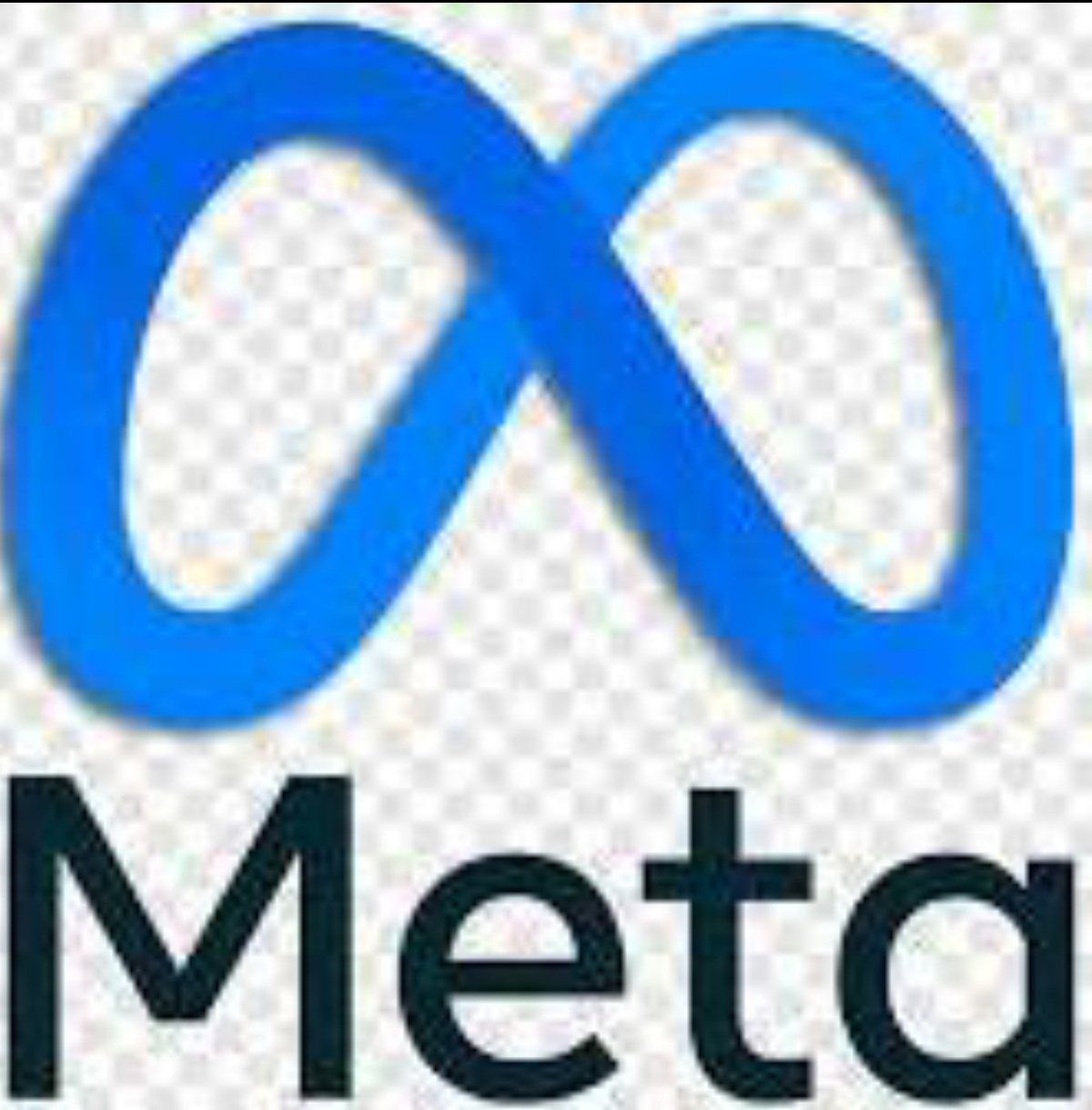By Aderogba George
The National Online Safety Coalition (#FWDwithFacts campaign) has condemned Meta’s recent decision to end partnerships with third-party fact-checkers and significantly weaken content moderation across its platforms.
The condemnation is contained in a statement signed by 20 Non-Governmental Organisation (NGOs) which comprise the coalition, and made available to newsmen in Abuja on Friday.
The NGOs are Gatefield Impact, Centre for Democracy and Development (CDD-West Africa), Humangle, Dataphyte Foundation, Tech Hive Advisory and Digital Rights Civic Interactions Initiative.
Others are Paradigm Initiative, Technology Policy Advisory, Centre for Information Technology and Development (CITAD) and Media Rights Agenda (MRA).
Also in the list of the signee are Global Rights,
CLEEN Foundation, Ekap Achip Foundation, FactCheck Africa and Safernet Initiative.
The signee also include Tech HER, YandyTech Community, Connected Development, DPO360 Africa, Centre for Community Empowerment in Conflict and Peacebuilding
According to the coalition, the recent action by meta endangers Africans lives and democracy, while calling on the Nigerian government and African leaders to take immediate action on the issue.
The coalition said that the recent meta’s decision will bring trouble on a global scale, saying that this decision is particularly problematic for Nigeria and Africa,.
It said that unchecked misinformation and purposefully orchestrated disinformation campaigns have already cost lives and destabilized communities in Nigeria particularly.
“Meta’s actions signal a troubling shift among big tech companies where permissive policies are prioritised over accountability.
“This trend threatens global stability and poses especially severe risks to regions like Nigeria and Africa, where misinformation and disinformation has violent consequences.
“In Nigeria, false information has led to violence, division, and even deaths. This was evidenced during the 2023 elections when lies about candidates fueled ethnic and religious tensions, with fact-checkers reporting up to 100,000 false claims daily on social media.
“In 2018, a fake photo posted on Facebook was viewed 11,000 times, sparking an ethnic conflict in Plateau State, Nigeria, leading to the tragic deaths of twelve people. Without fact-checking, these harmful stories can spread even faster and do more harm.
“Social media platforms are deeply embedded in Nigeria’s information ecosystem —there are close to 42 million Facebook users in Nigeria and over 50 million on WhatsApp, —and these have been powerful tools for connection and expression.
“These platforms have also been channels for the rapid spread of misinformation, propaganda, and hate speech,” the coalition said.
It said by dismantling fact-checking mechanisms, Meta is enabling a resurgence of these dangerous dynamics with real-world consequences that go far beyond online discourse.
It stated that Fact-checking is not censorship, adding that in fragile contexts like Nigeria’s, Zuckerberg’s argument that fact-checkers destroy trust is baseless and harmful.
It stated that fact-checking ensures informed public discourse and prevents escalations of false information and misinformation, while calling for stepup of regulators in Africa.
The coalition said that Nigeria and other African nations are at critical junctures in the practice of participatory governance, platforms retreating from the fight against misinformation invite election interference consequently inciting violence, and eroding societal trust.
According to the coalition, the stakes are high, and that it is critical that regulators take action now.
The statement also quoted Shirley Ewang, Advocacy Lead at Gatefield, and the campaign spokesperson for the coalition as saying that it is time to set clear rules for Big Tech, and hold them accountable to protect citizens from the dangers of false information in the interest of democracy, stability and social cohesion
The Coalition called on the Nigerian government and African leaders to take immediate action and mandate transparency from a tech platform like meta publicly publish their strategies for managing misinformation and harmful content in Nigeria.
The coalition urged authorities in the Africa region to establish legal frameworks that hold Tech Platforms responsible for enabling the spread of harmful content.
It called for partnership with civil society organizations to educate Nigerians on identifying fake news, understanding the risks involved with spreading fake news, and engaging responsibly with digital platforms.
The coalition called for development of policy guidelines in consultation with civil society to create local and culturally contextual content-moderation guidelines to prevent the replication and expansion of these harmful policy changes in Africa.
It said big tech with billions of users platforms must take responsibility to safeguard the integrity of public discourse, saying that they have wield immense power over the global flow of information.
According to the coalition, If this policy can harm the United States, a country with stronger democratic protection, it poses an even greater threat to countries like Nigeria where misinformation has already proven to be deadly.
It said the National Online Safety Coalition called on Meta to act responsibly, adding that It must not only sustain its fact-checking programme in Africa, but implement stricter content-moderation policies.
“African governments, starting with Nigeria, must take steps to protect their citizens from the ripple effects of these reckless policy shifts.
NEWS AGENCY OF NIGERIA

